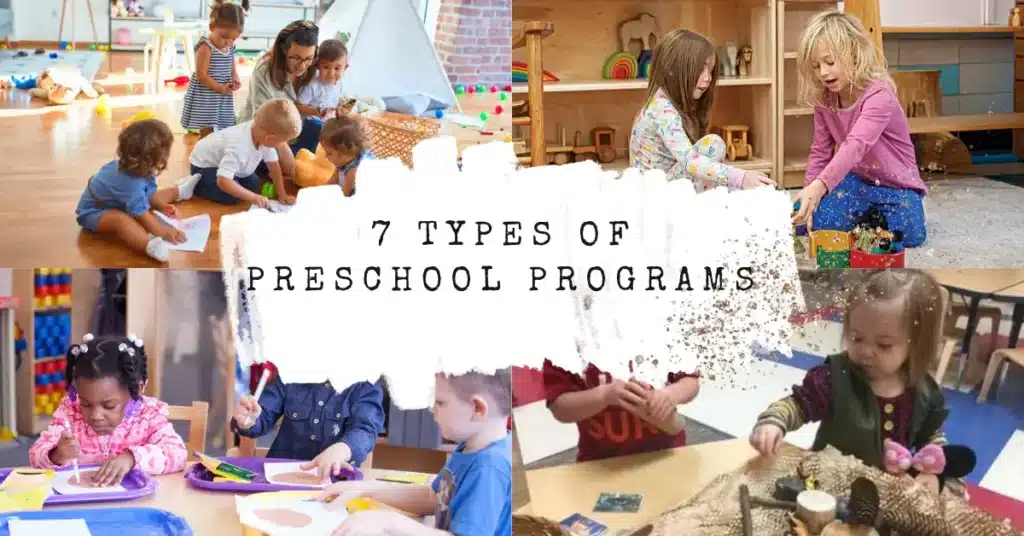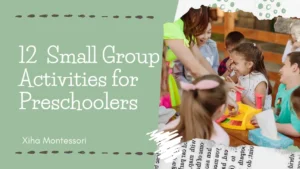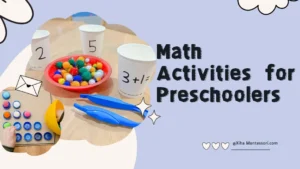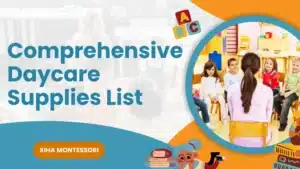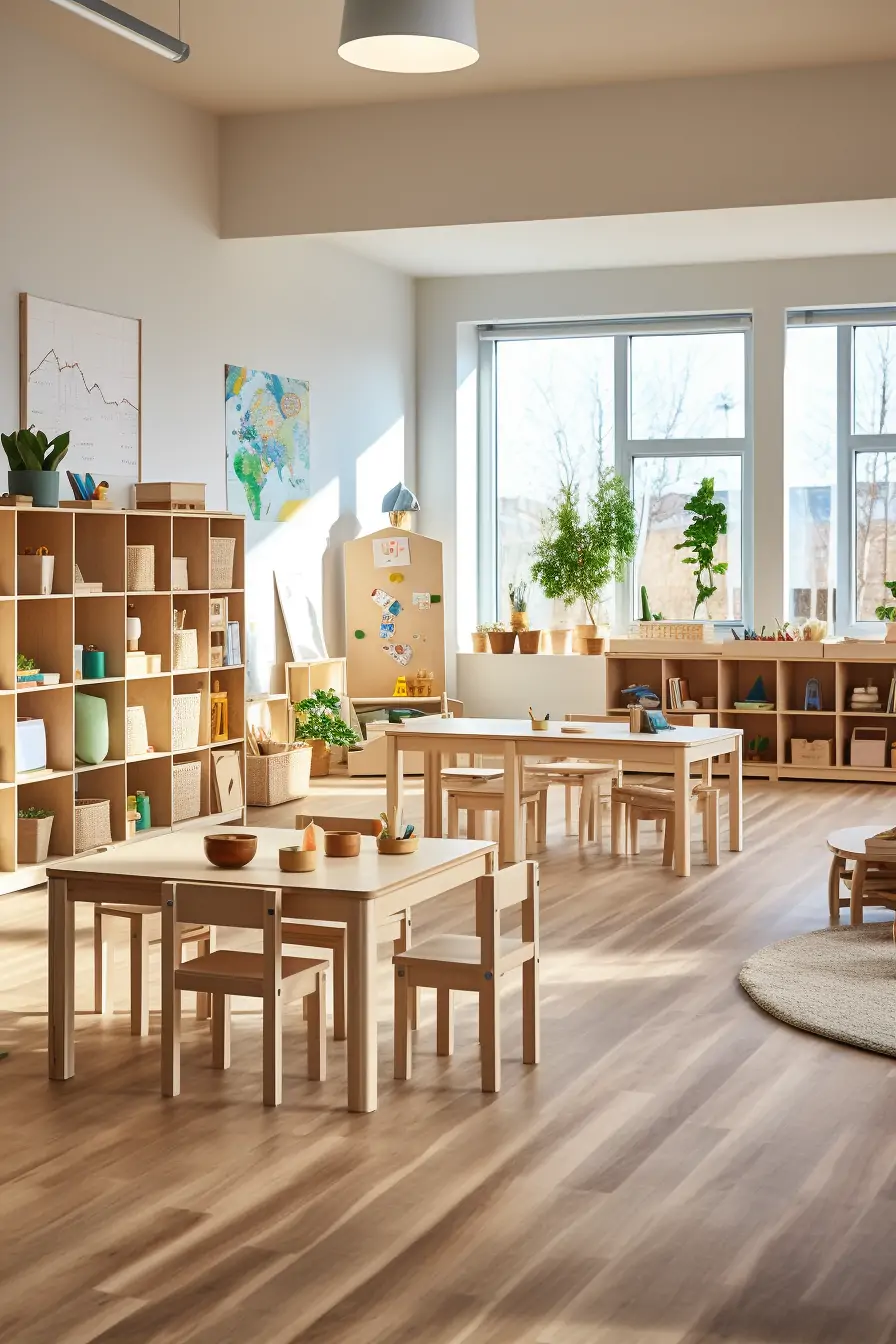Are you seeking the best preschool programs to enhance your child’s development? We have compiled a list of the top 7 preschool programs guaranteed to provide a strong foundation for your child’s development.
These preschool programs offer a comprehensive curriculum ranging from cognitive, social, emotional, physical, and creative. Whether your child excels in STEM-based activities, artistic expression, or language skills, there is a preschool program on our list that will meet every aspect of your child’s needs.
Don’t miss this opportunity to give your child the best start in life. Let’s get started!
1. Montessori Preschool Programs
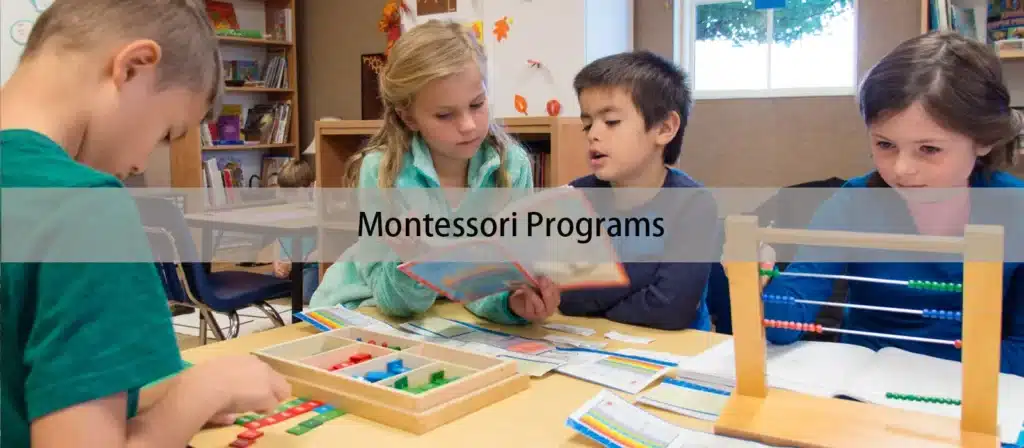
Montessori programs focus on child-led learning, encouraging students to choose their activities within a prescribed range of options. The environment is designed to support natural development, with materials that promote hands-on learning and self-discipline. Teachers guide rather than direct, fostering a sense of independence and curiosity.
In a Montessori classroom, teachers serve as guides rather than traditional instructors, observing and facilitating rather than dictating what children do. This self-directed learning promotes discipline and enthusiasm for education that often continues throughout a child’s academic career.
2. Reggio Emilia Preschool Programs
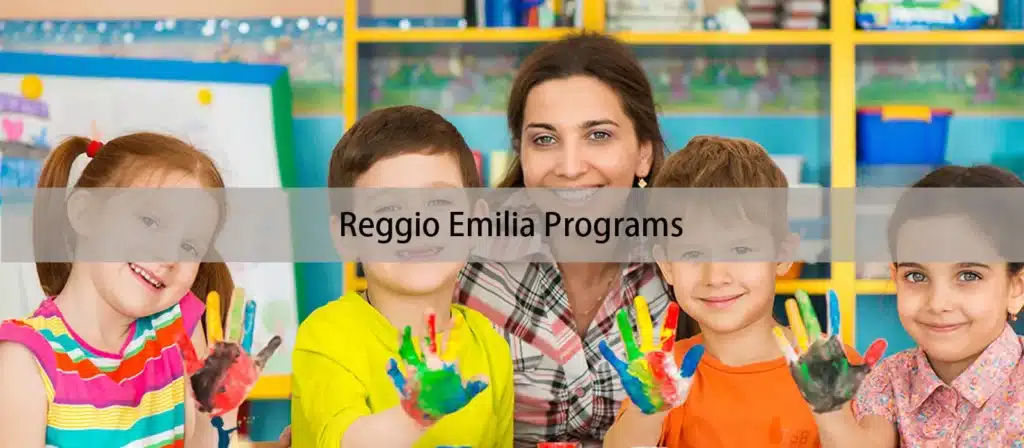
Originating in Italy, Reggio Emilia educational philosophy prioritizes experiential learning, focusing on self-expression. Children in a Reggio Emilia program are viewed as protagonists of their growth, with educators and parents as collaborators in the learning process. The curriculum is flexible and adapts to the children’s interests.
In Reggio Emilia programs, the environment acts as a third teacher, designed to be inviting and filled with natural light, often extending to the outdoors. Teachers document children’s progress extensively through “learning stories,” which capture the details of each child’s educational journey. This emphasis on expressive and participatory learning makes it ideal for children who thrive in vibrant, interactive settings.
3. Waldorf Preschool Programs

Waldorf education, created by Rudolf Steiner in Germany in the early 20th century, promotes a broad curriculum that integrates academic, artistic, and practical activities. It encourages creativity and free-thinking, starting from a later academic readiness point than other approaches. Waldorf schools delay formal reading instruction to focus on storytelling, play, and hands-on activities, which can help develop imaginative and analytical thinking skills.
The Waldorf philosophy stresses the importance of rhythm in a child’s day; activities are regularly rotated to balance intellectual, artistic, and practical tasks, promoting holistic development.
4. HighScope Preschool Programs
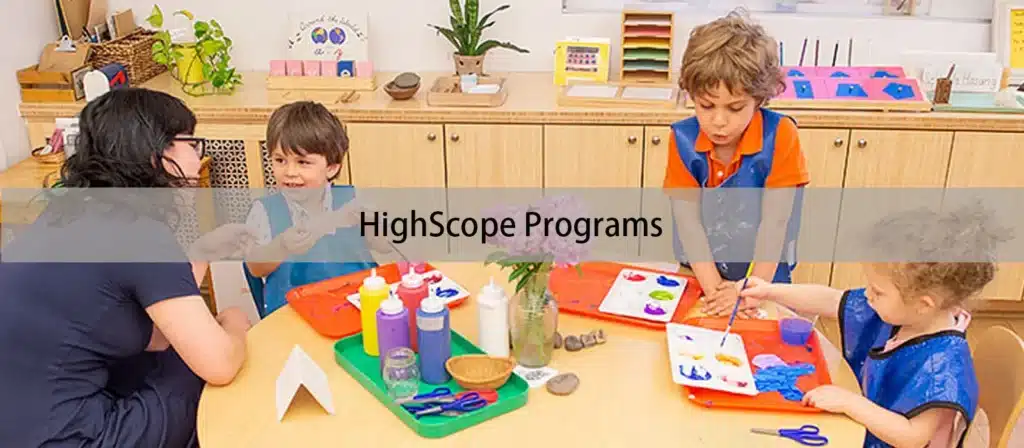
HighScope preschool programs are known for their active participatory learning. Children engage in a consistent routine that includes plan-do-review sequences, which enhance their organizational skills and self-confidence. Assessments in HighScope settings are detailed and ongoing, tracking children’s progress over time.
Educators in HighScope settings implement a daily routine that includes key experiences such as plan, do, and review sessions, where children plan their own activities, carry them out, and then discuss them as a group.
5. Bank Street Preschool Programs
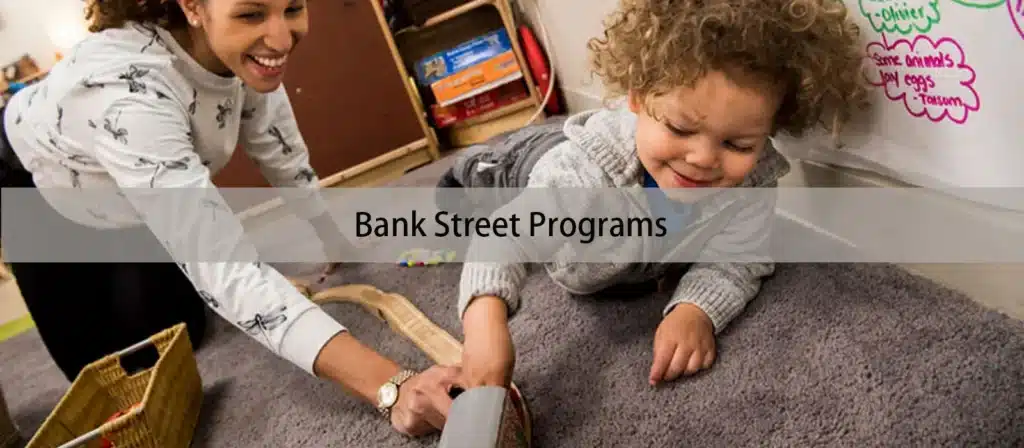
Lucy Sprague Mitchell developed the Bank Street Method. The Bank Street approach is child-centered and emphasizes learning through multiple perspectives in the classroom and the real world. Activities are geared toward understanding the world through social studies, sciences, and the arts, encouraging children to think critically and work collaboratively.
Bank Street classrooms focus on providing environments where children interact with various educational materials and engage in activities that relate to the real world. Teachers guide children through a curriculum with extensive arts, crafts, and hands-on experiences, encouraging them to explore and reflect on their learning.
6. Parent Co-ops Preschool Programs
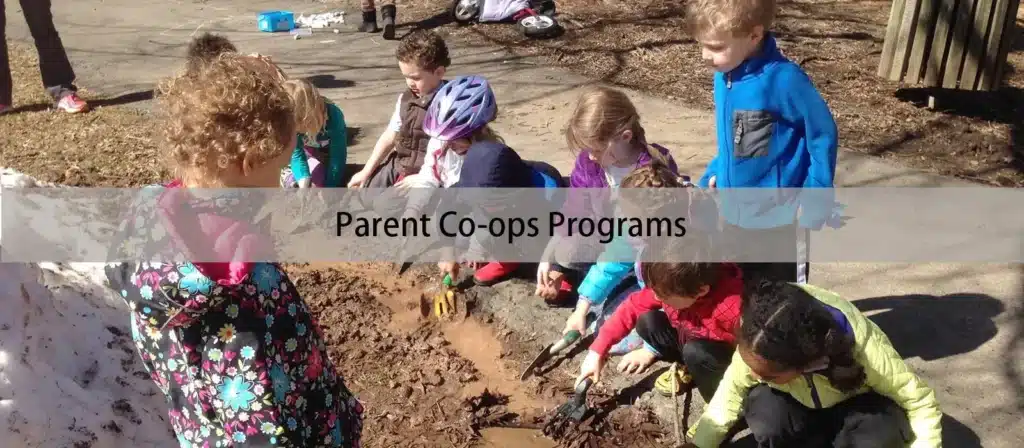
In cooperative preschools, parents play an active role in the management and operation of the school. This hands-on involvement can enhance the school’s community feel and provide a supportive environment for children and families.
In co-op preschool programs, parents are often required to assist in the classroom rotation, contribute to administrative duties, and participate in fundraising events. This hands-on involvement allows parents to be deeply engaged in their child’s early education, closely observing and supporting their development.
7. Ascend Preschool Programs
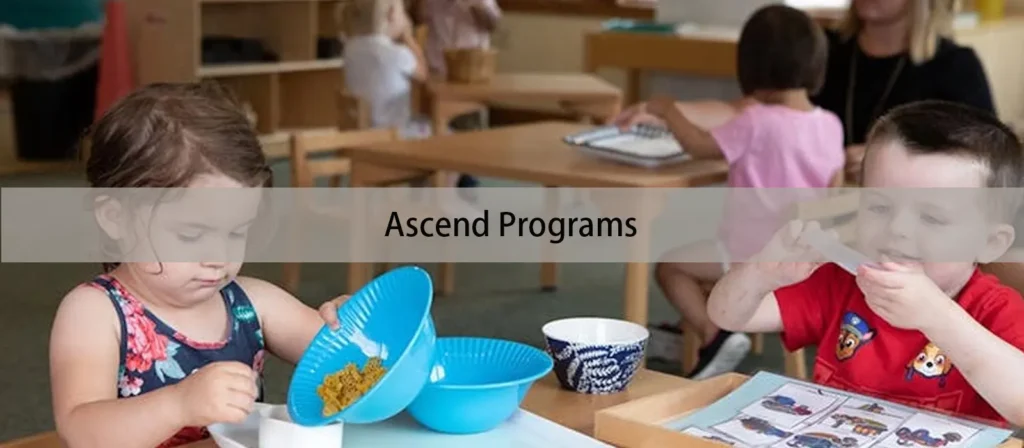
The Ascend preschool programs are a newer model of preschool education that focuses on creating a scaffolded learning environment where children can achieve new heights in their development. This program uses the latest technologies and methodologies to tailor education to each child’s learning pace and style.
Ascend preschools utilize a curriculum that includes digital media, interactive learning experiences, and traditional educational practices to provide a comprehensive educational experience. The curriculum is designed to be adaptive, growing with the child as they develop new skills and understanding.
This program suits families looking for a modern early childhood education approach incorporating technology and personalized learning pathways. It’s ideal for children motivated by technology-driven activities and those who benefit from a highly customized learning environment.
How do these preschool programs address different learning styles?
Each preschool program caters to different learning styles—Montessori to the tactile and self-directed learner, Waldorf to the imaginative and rhythm-oriented, Reggio Emilia to the curious and communicative, HighScope to the organized and reflective, Bank Street to the analytical and cooperative, and Play-Based to the kinesthetic and social.
What should parents consider when choosing a preschool program?
Consider your child’s temperament, learning style, and your family’s values. Think about the proximity of the preschool, its schedule, class size, teacher-to-child ratio, and the overall environment. These factors are crucial in making a preschool choice that feels right for your child and family.

